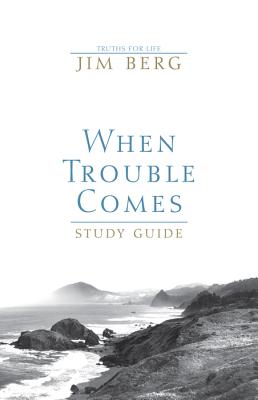
Slater, Thomas B.
product information
description
8The book of Revelation is a form of civil disobedience that focuses upon sustaining a faithful witness in spite of the consequences. The author defines civil disobedience as resisting unjust laws in nonviolent ways even if it means the potential death of the protestor (e.g., Rev. 12:11). Along those same lines, the book also redefines conquering as sustaining a faithful witness under duress, modeled after the faithfulness of Jesus, even to death (e.g., 1:5; 2:10, 26-28; 6:9-11; 14:12; 20:4). Even when resistance is expressed in military terms, Christians never take up arms (e.g., Rev 12:7-12; 14:1-5; 19:11-21) but overcome evil through their faithful witness. Slater argues, for example, that Rev 19:21 symbolically refers to a powerful spoken witness that defeats evil. This study develops a way for Christians to read and appreciate the book of Revelation. Many decry the violent nature of the book without noting that Christians are never encouraged to take up arms. Along those same lines, many laypersons see the book as a justification for military intervention against Satan and his minions. They too miss the fact that the book of Revelation never tells Christians to arm themselves. Rather, Christians defeat evil by witnessing faithfully. Both sides would be challenged to rethink and reassess their respective positions given the stress on faithful witness in the book.
member goods
No member items were found under this heading.
Return Policy
All sales are final
Shipping
No special shipping considerations available.
Shipping fees determined at checkout.







